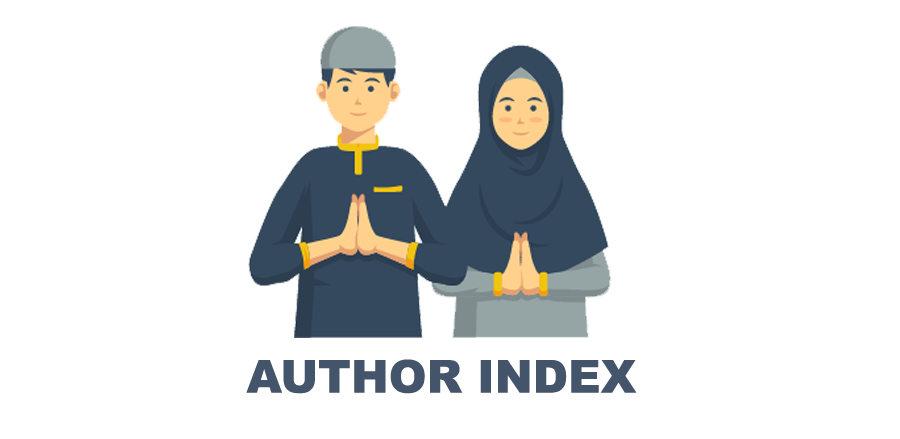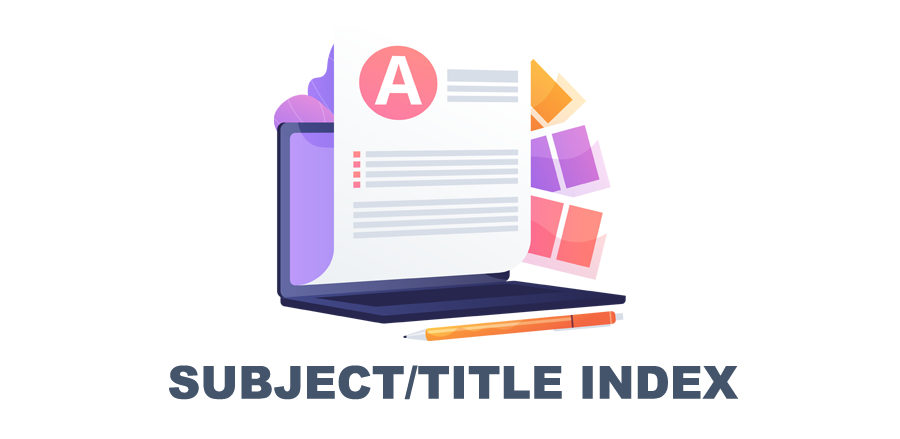Pengembangan Profesional Awal Guru Pendidikan Agama Islam dan Strategi untuk Melanjutkan Pengembangannya
DOI:
https://doi.org/10.32616/pgr.v3.1.160.35-44Keywords:
Professional development, teachers, Islamic education, strategyAbstract
Teaching is lifelong learning. Turning on all the time, new and old teachers, beginners or professionals will still grapple with how to improve many aspects of teaching, each year demanded to show more improvement. Every idea considers continuing professional development throughout your career. This article examines the following questions: 1. How to start assessing a teacher's professional skills? 2. Do teachers need to understand the standards used by others to assess their professional skills? 3. What model is used to describe the teacher's journey from 'beginner' to 'expert'? 4. How do expert teachers assess themselves and how do they overcome and adapt to change? 5. How can teachers collaborate to make structured observations of their work, as required by the assessment requirements? The results of the discussion concluded: 1) The complexity of assessment that binds teachers and schools continues to increase because assessment is used for various purposes in different contexts; 2) Interstate New Teacher Assessment and Support Consortium (InTASC) was formed to create "compatible with institutions" standards that can be reviewed by professional organizations and state institutions as a basis for licensing beginner teachers. The InTASC standard (Miller, 1992) is written as 10 principles, which are then further explained in terms of teacher knowledge, disposition, and performance; 3) There are many different theories describing the journey of preparation for beginner teachers to become professionals, this requires time, effort, and support and finally changes follow the predictable stages of development; 4) Teachers with high levels of expertise can observe and adapt their own actions. To do this, they must be in harmony with the feelings and behavior of children and pay attention to what children do and say, rather than focusing primarily on themselves, otherwise they do not equate judgment with testing. they take into account test scores, but their judgments are transient and are based on a much broader bank of evidence, specifically that progress over absolute scores and children's knowledge and context; 5) Teachers rarely can be authentic and accurate participant observers because of the inherent differences in their roles, but student / teacher collaborators have a unique perspective on insiders and outsiders, colleagues and observers, class members involved and critical collaborators
Downloads
Downloads
Published
Issue
Section
License
Copyright (c) 2019 Happy Ikmal

This work is licensed under a Creative Commons Attribution 4.0 International License.







